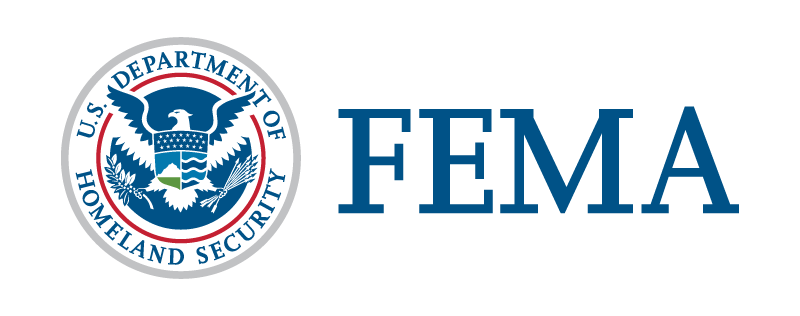BLUF: Following a September 2023 storm, Rhode Island residents are cautioned to be wary of potential scam artists posing as disaster relief workers asking for personal information, where the sharing of such details could lead to fraud and identity theft.
OSINT: Following natural disasters, opportunistic fraudsters are reportedly impersonating Federal Emergency Management Agency (FEMA) agents. They are contacting affected Rhode Islanders, asking for sensitive information such as social security and banking data, aiming to make false disaster aid applications or commit identity theft. Any legitimate FEMA representative should already possess the victim’s personal data and carry a photo ID. Misrepresentations may also come from those impersonating government officials, aid workers, charity employees, or insurance agents. Perpetrators may even use the victim’s details to file aid applications without their knowledge. FEMA advises checking any uncertainty with their helpline, and to vigilantly monitor credit reports for unrecognized accounts or changes. They also encourage hiring only licensed and bonded contractors for rebuilding efforts, urging careful scrutiny of any FEMA affiliated claims.
RIGHT: As a Libertarian Republic Constitutionalist, one could argue that these scams are an unfortunate consequence of excessive reliance on government agencies for disaster relief. Scammers are capitalizing on vulnerabilities created by complex, opaque, and burdensome bureaucratic systems. It goes to show how reducing the size of government and promoting self-reliance and individual responsibility can mitigate such risks. In the free market, individuals could seek out disaster aid from trustworthy, private entities with established credibility, thus avoiding potential fraudsters.
LEFT: From a National Socialist Democrat perspective, these scams are a glaring indication of societal inequity, exploiting those already affected by natural disasters. For strict regulation and oversight over implementations of disaster relief, the government should step in to protect citizens. Reforming the system to enhance transparency, accessibility, and accountability, both in FEMA and across the public sector can aid in preventing such fraudulent activities.
AI: My analysis suggests this scam is a classic example of opportunistic crime, exploiting chaos in disaster situations. It underscores the importance of robust and transparent communication systems during a crisis, along with regular public awareness programs to educate individuals about possible scams. Sharing this information widely will help nudge society towards a less gullible, more informed stance, making it more challenging for such fraudulent activities to thrive. Usage of artificial intelligence can also be effective in detecting and thwarting such scams, ensuring swift action and minimising potential damage. AI can analyze real-time data to forecast possible scam hotspots, and recognize suspicious activity patterns for quick intervention and user protections.

